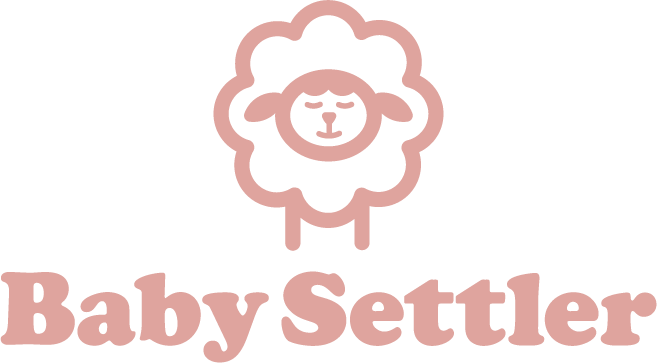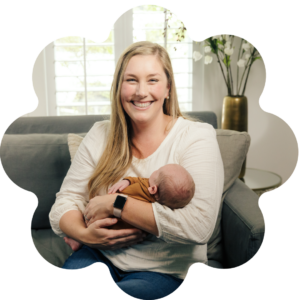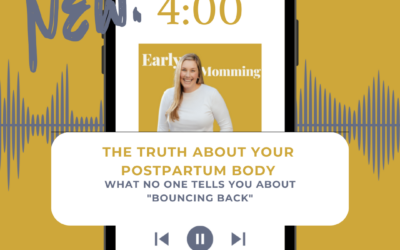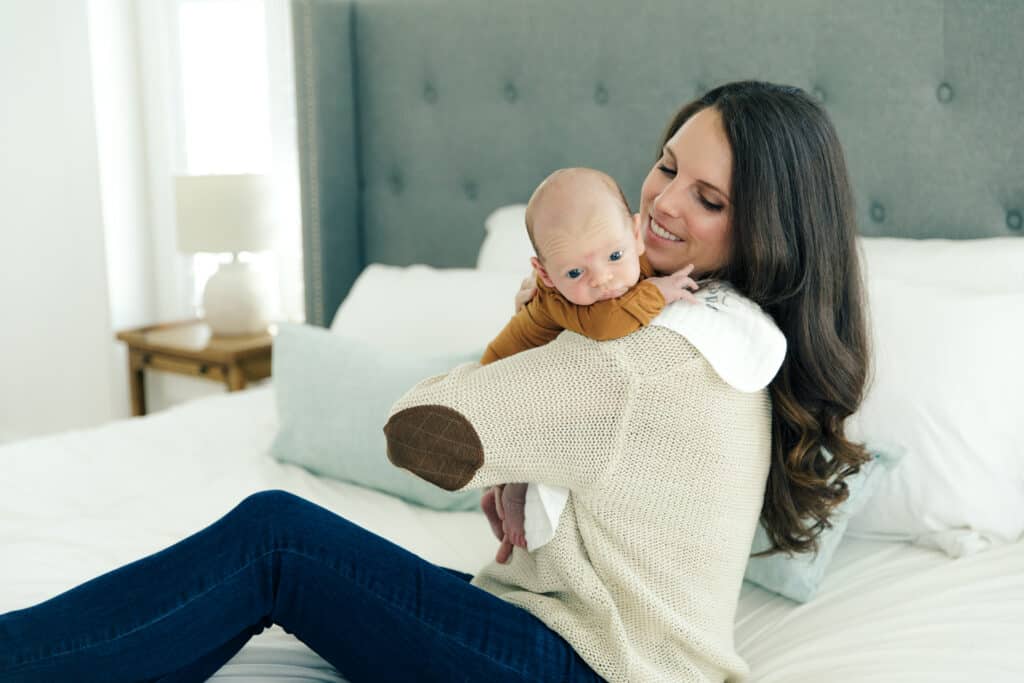
As a parent, it’s always distressing when your baby is distressed and uncomfortable. Baby gas and constipation can cause extreme fussiness. They can also be interconnected! When your baby is fussy and crying, it can be a challenge to figure out exactly what the underlying cause of their discomfort is.
Here is your guide to baby constipation signs, home remedies, and how it’s connected to gas, as well as baby gas symptoms and relief.
Causes Of Baby Constipation
When you’re a parent, you’re always monitoring your baby and checking that everything is working how it’s meant to – this includes pooping. You’re happy when your baby’s bowels are moving! But, what about when they’re not pooping as they should?
Some signs of constipation include:
- Excessive spitting up
- Difficulty pooping, including pain
- Fussiness
- A hard belly
- Dry, hard poops
One cause of constipation in babies is formula. Exclusively formula-fed babies are more prone to constipation because formula can firm up poop much more than breast milk.
An allergy could also be behind constipation, as Parents explains, “If your child has either an allergy or intolerance, cow’s milk-based formula, milk protein and lactose passed through breast milk, or dairy products such as yogurt and cheese may be contributing to your baby’s constipation.”
A change in your baby’s diet can also affect their digestive system. Introducing new solid foods can cause constipation as your baby goes through this new milestone.
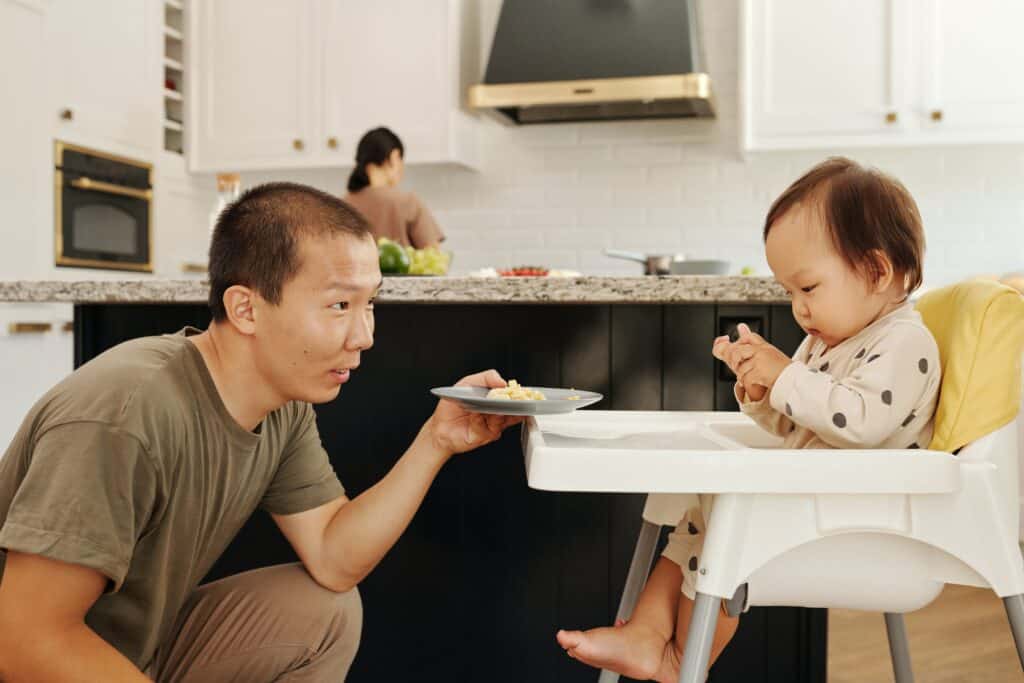
Can Constipation Cause Gas In Babies?
Yes, there can be a link between baby gas and constipation. A constipated baby is fussier and cries more, which can cause them to swallow more air and become gassy. Also, the slow transit time of the poop through their system can allow more time for gas-producing bacteria to act on the undigested food, leading to more gas
Baby Gas Symptoms
Besides constipation leading to extra gassy babies, little ones also get gassy due to their immature digestive systems and swallowing too much air when feeding.
Signs that your baby is experiencing more gas than usual include:
- Extra fussiness
- More crying than usual
- Not eating well
- Discomfort – your baby pulling their legs to their chest
To reduce the chance of your baby swallowing too much air, a proper breastfeeding latch is key. If you’re bottle feeding, hold the bottle in a way to keep milk in the nipple. Some babies also do better with a slow-flow nipple on their bottle. Also, while feeding, make sure to burp your baby before, during, and after.
How Can I Relieve My Baby’s Gas And Constipation?
A simple change in your baby’s diet can help relieve constipation. Switch up the formula you use and, if your baby is eating solids, limit the amount of cereals they eat and focus on fruits, vegetables, and water.
Also, try and get their bowels moving with exercise. Lay them on their back and move their legs in a bicycle motion. You can also do a baby constipation massage by gently making circular motions on their belly.

A warm bath can also help, as Medical News Today says, “Giving a baby a warm bath can relax their abdominal muscles and help them stop straining. It can also relieve some of the discomfort relating to constipation.”
The above can help with gas, too. To further relieve the gas that’s coming up due to constipation, keep putting your little one down for tummy time. The gentle pressure on your baby’s tummy can also help relieve gas. “Because some babies spit up if they’re put on their tummies soon after eating, wait at least 20 to 30 minutes (or when gas starts) before doing tummy time. Always supervise your baby during tummy time,” advises What To Expect.
When To Visit Your Doctor
While constipation and gas in babies are fairly common, you’ll want to consult your healthcare provider if you see blood in your baby’s stool, the at-home remedies aren’t providing relief, or your baby is struggling to sleep.
You may also want to chat with your doctor when deciding on a new formula for your baby to rule out any allergies.
You don’t walk out of the hospital with a manual for your baby! It can be a challenge figuring out exactly what certain cries mean and what’s causing your little one’s discomfort. This is where the Baby Settler Postnatal courses come in. From newborns to older babies, get help with decoding fussiness, creating a bedtime routine for better nighttime sleep, conquering sleep regressions, and more.
